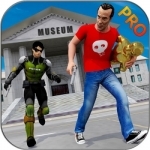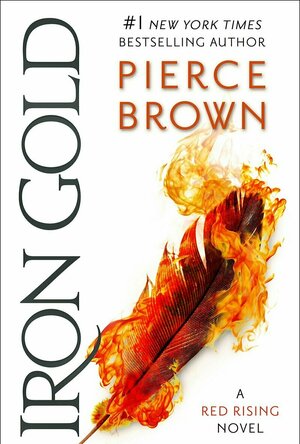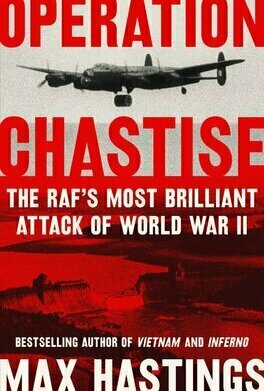
Driving School 3D
Games and Entertainment
App
Get in the car and start your lessons in the most realistic city driving simulator. This game will...

FTL: Faster Than Light
Games
App
The award winning PC spaceship simulation game from Subset Games comes to iPad! Includes the free...

Museum Robbers Vs Heroes - Pro
Games and Entertainment
App
Do you love rescue games? We present you our new outstanding starter to superhero fighting games in...

Iron Gold: Book 4 of the Red Rising Saga
Book
#1 New York Times bestselling author Pierce Brown expands the size and scope of his Red Rising...
science fiction

DOFUS Touch
Games and Entertainment
App
The ultimate adventure is at your fingertips in this colossal game! While hunting for the legendary...

English to French & French to English Dictionary
Education and Utilities
App
SabeeloNet offers French English Dictionary. SabeeloNet crosses another Milestone by introducing...

Police Bus Prisoner Escape
Games
App
Police bus prisoner escape is a simulator that allows you to experience the rush in the life of a...

Preschool and Kindergarten learning games FREE
Education and Entertainment
App
Kindergarten Learning Games is educational game to make learning fun . Suitable for children of...

Operation Chastise: The RAF's Most Brilliant Attack of World War II
Book
The attack on Nazi Germany’s dams on May 17, 1943, was one of the most remarkable feats in...
